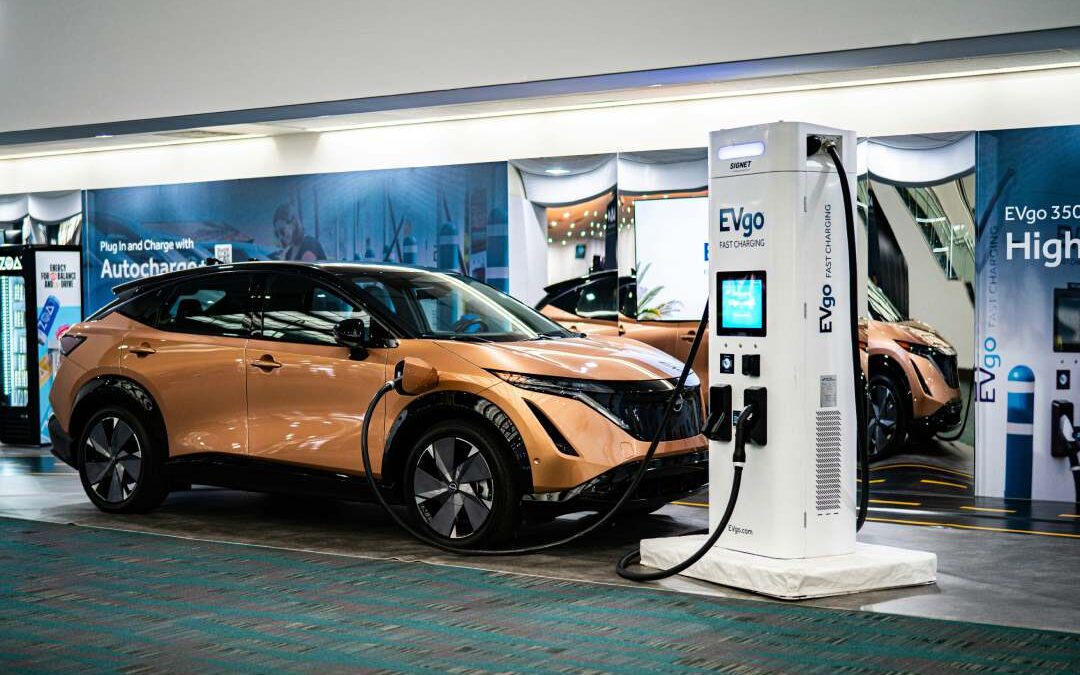JSW MG Motors JV Targets 1 Million EV Sales by 2030
The JV aims to capture 33% of the new energy vehicle market within the decade.
JSW Group, in collaboration with its joint venture partner MG Motor India, has set an ambitious target of selling 1 million new energy vehicles (EVs and PHEVs) by 2030, as part of its foray into the automotive industry. Parth Jindal, representing JSW Group, expressed confidence in capturing 33% of the new energy vehicle market within the decade.
Highlighting the potential for electric vehicles (EVs) in India, Parth Jindal underscored the necessity for the country to transition towards EVs. This transition is necessary to reduce its reliance on oil imports and achieve self-reliance, he said. Drawing parallels with China’s rapid EV adoption, he pointed out the significant market opportunity in India, where EV sales remain relatively low compared to its automotive potential.
Parth Jindal spoke about the substantial growth of EV sales in China, contrasting it with India’s current market scenario. In India EV sales account for less than 2% of total passenger vehicle sales, while in China it is more than 32%. He projected India’s passenger vehicle market to expand from 4 million to 10 million units over the next decade, with electric vehicles playing a pivotal role in this transformation.
Acknowledging his father, Sajjan Jindal’s vision of venturing into the automotive sector, Parth Jindal expressed confidence in MG Motor India as a strong partner to realize this dream. He reiterated JSW Group’s commitment to capturing 33% of the new energy vehicle market by 2030, aiming to sell 1 million electric passenger vehicles alongside other offerings.
What is PHEV?
PHEV stands for Plug-in Hybrid Electric Vehicle. A PHEV is a type of hybrid vehicle that combines a conventional internal combustion engine propulsion system with an electric propulsion system. PHEVs can be plugged into an external electricity source to charge their batteries, allowing them to operate in electric-only mode for a certain distance before switching to the internal combustion engine. This flexibility enables PHEVs to offer improved fuel efficiency and reduced emissions compared to traditional internal combustion engine vehicles, while also providing the convenience of extended range and quick refuelling when needed.
Also Read
India Govt Approves New Electric Vehicle Policy: Will Tesla Enter India?

